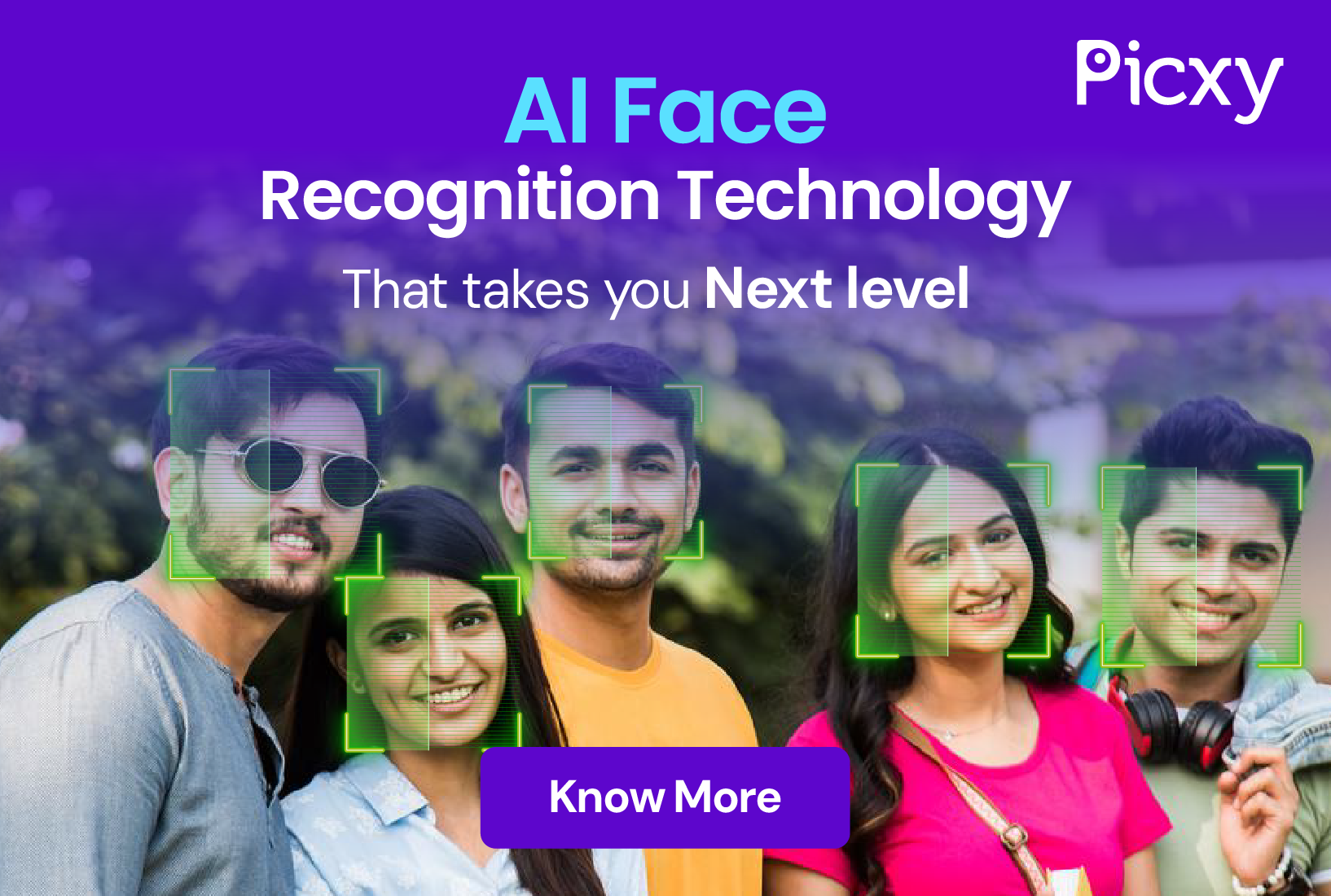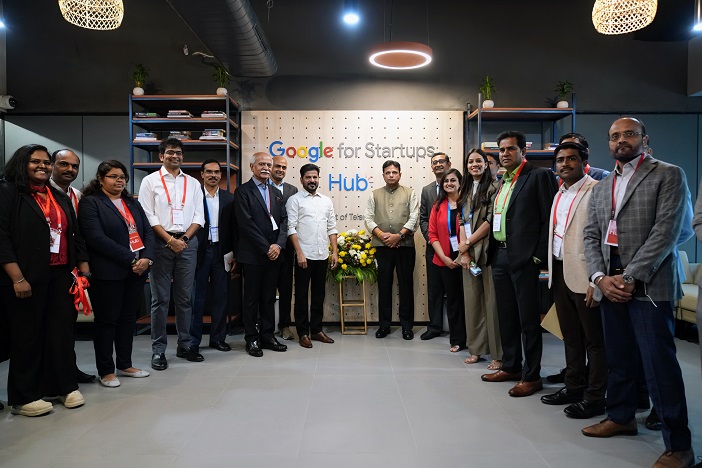The GCCs form an ecosystem for a profound transformation. Once set up to optimize costs, these have gradually transformed into strategic value creators for innovation, agility, and digital excellence. This represents the rise of the GCC 2.0, with the centers in India actively managing and even providing leadership for global digital transformation initiatives.
As of today, more than 75 percent of the Fortune 500 companies have GCCs, with over 1600 of these in India. Once considered the backbone for enterprise growth in AI-driven solutions, digital platforms, and intelligent processes powering global operations, GCC 2.0 blurs the traditional paradigms of co-creation, speed to market, and measurable business impact.
The key drivers of this transformation are artificial intelligence and automation. GCCs are going to the next level with regards to performance optimization using advanced technologies including ML, natural language processing, robotic process automation (RPA), and generative AI. Industry data indicates that by 2026, 40 percent of GCCs are actively planning to invest in the enhancement of their AI and automation, with early adopters eventually realizing operational efficiency improvements of up to 60 percent and considerable reductions in process cycle time.
At SA Technologies, we facilitate that change through the GCC Platform, an AI-enabled platform tailored for enterprises for the automation of GCC operations, optimization, and scaling. The platform unifies intelligent automation, data analytics, and workflow orchestration into a single framework. It allows clients’ GCCs to manage end-to-end operations across functions such as finance, HR, procurement, and IT with utmost precision and transparency. Our AI-led approach ensures continuity of improvement through predictive insights, proactive governance, and seamless integration with existing enterprise systems.
Digital transformation in GCCs means much more than automation. It also means cloud adoption on a massive scale, data modernization, and establishing secure and real-time digital environments. These capabilities put GCCs in India as global innovation hubs, leading strategic initiatives in analytics, decision intelligence, and AI-led enterprise transformation.
The talent model within GCCs is also changing at full pace. A recent survey shows that 78 percent of GCCs are reskilling their workforce for AI and data-centric roles. We see this shift as a great opportunity to build hybrid teams that bring together human expertise and intelligent systems.
Many of our client centers have also adopted low-code development platforms to empower “citizen developers,” thus accelerating innovation cycles and fostering greater ownership within teams.
As COO of SA Technologies, I believe the success of contemporary GCCs hinges on whether they can escape from the fate of execution centers and become engines of transformation instead. The combination of AI, automation, and digital transformation through platforms such as ours is enabling enterprises to make that leap into efficiency, scalability, and innovation at a much broader scale.
In this fast-evolving environment, the fundamental question that leaders wrestle with becomes not whether to transform their GCCs, but how swiftly. The answer lies in bringing together vision, technology, and talent at speed and scale to forge the future for global operations.
Visit Our News section and follow us on LinkedIn and Twitter
Author Details

Aditya Joshi (AJ)
COO & chief AI officer, SA Technologies Inc.







